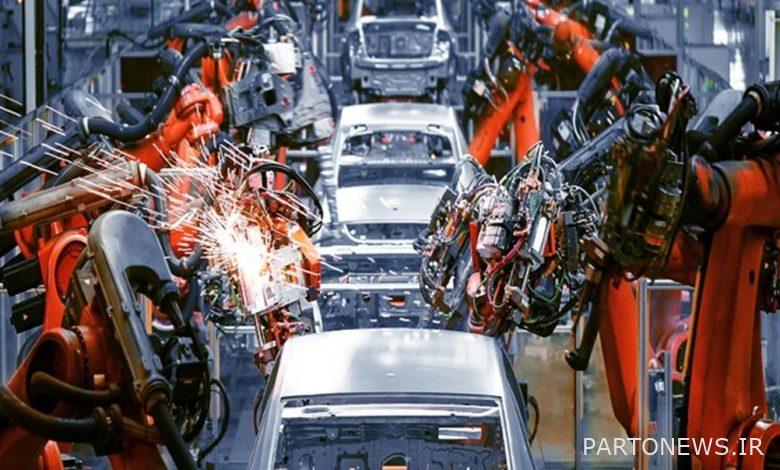Reminders of Minister Samat’s car promises in the vote of confidence / door spins on the same heel

Economy Online_Parham Karimi; The situation in the car market, as in other markets in 1400, was uncertain; Although officials say that sanctions and macroeconomic conditions are the main cause of these conditions, a look at the automotive industry shows that if not the only factor, the most effective issue goes back to the wrong policies adopted by these officials. Wrong decisions that not only did not help calm the market, but also caused a lot of tension in the market.
With the advent of the thirteenth government, everyone was waiting for Ibrahim Ra’isi and his cabinet minister, Fatemi Amin, to live up to their promises, and by the end of 1400, a dramatic change in the industry would take place. But the car market is still turbulent and full of wrong decisions and the continuation of rental policies such as mandatory pricing and lottery sales of automakers.
Meanwhile, Fatemi Amin had said in her vote of confidence that she has a 6-month and 2-year plan for the automotive industry. He also cited lack of competition, low production and management structures as key issues in the auto industry.
He stressed that if he becomes a minister, he does not want to appoint the CEOs of car companies, but will hand over the car manufacturers to shareholders in a transitional period. Also, reaching 1.6 million units of car production at the end of 1401 was another of Fatemi Amin’s promises in the vote of confidence.
But have these promises been fulfilled, or are there at least some policies and signs in place to achieve them?
The first issue goes back to the continuation of the grammatical pricing policy and the continuation of the lottery process next year. This shows that we should not wait for a change in policy-making in the automotive industry. Fatemi even went so far as to say that next year we will see a reduction in the cost of the car. Minister Samati, who said that he did not even want to appoint the CEOs of the automakers, is now commenting on their costs!
Fatemi Amin also promised a 50 percent increase in production in her last speech last year; At a time when automakers could not come close to the plan to build 1.2 million cars in 1400.
The promise of eliminating the lottery or, as Fatemi Amin has said, the gradual elimination of the lottery, how can it be fulfilled, if the car manufacturers face huge losses by orderly pricing for the production of each car and have difficulty supplying parts?
Another issue that disappointed experts and activists in the field of automobiles even more than before the improvement and organization of this industry in 1401 was the intrusive visit of Ebrahim Raisi to Iran Khodro factory; During this visit, the President re-issued orders for the production of each car according to the pricing, regardless of issues such as supply chain problems and losses of car manufacturers.
We return to the promises of Fatemi Amin in the vote of confidence; Minister Samat at the time described flawed management structures as one of the Achilles heel of the automotive industry. Doesn’t the presence of the president and the task of the automakers to do some things, even if these orders are correct, show the continuation of structural managerial problems?
Now we have to see if the 13th government continues to pursue wrong policies in order to fulfill its promises in the new year, or at least to make a fundamental change in the country’s industry, especially in the automotive industry, in order to fulfill its promises.
A change that causes carmakers to price cars based on the cost of each car and their profits, as a result of which the difference between the factory price and the market either disappears or becomes so small that no one else thinks There is no trade-off between the market and the factory to make a profit. Will automakers’ monopolies, heavy tariffs and import bans be reformed in the name of supporting domestic production?
In this case, carmakers may be able to solve the problem of parts supply with timely payments to parts manufacturers. In this case, a one-and-a-half-fold increase in production may be achieved.

